State Performance Plan 2005-2012 - Part B - Arkansas Department Of Education Page 234
ADVERTISEMENT
 1
1  2
2  3
3  4
4  5
5  6
6  7
7  8
8  9
9  10
10  11
11  12
12  13
13  14
14  15
15  16
16  17
17  18
18  19
19  20
20  21
21  22
22  23
23  24
24  25
25  26
26  27
27  28
28  29
29  30
30  31
31  32
32  33
33  34
34  35
35  36
36  37
37  38
38  39
39  40
40  41
41  42
42  43
43  44
44  45
45  46
46  47
47  48
48  49
49  50
50  51
51  52
52  53
53  54
54  55
55  56
56  57
57  58
58  59
59 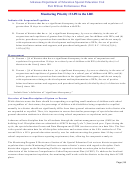 60
60  61
61  62
62  63
63 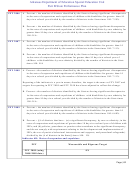 64
64  65
65  66
66  67
67 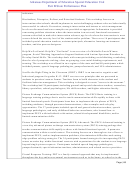 68
68  69
69  70
70  71
71  72
72  73
73  74
74  75
75  76
76  77
77  78
78  79
79  80
80  81
81  82
82  83
83  84
84  85
85  86
86  87
87  88
88  89
89  90
90  91
91  92
92  93
93 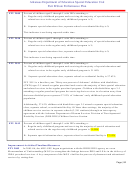 94
94  95
95  96
96 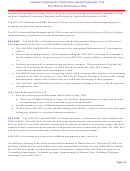 97
97  98
98  99
99  100
100  101
101  102
102  103
103  104
104  105
105  106
106 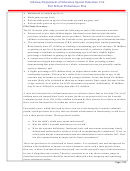 107
107  108
108  109
109  110
110  111
111  112
112  113
113 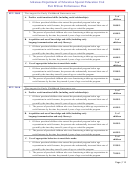 114
114  115
115  116
116  117
117  118
118 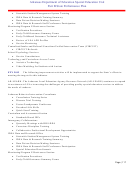 119
119  120
120  121
121  122
122  123
123  124
124  125
125  126
126  127
127  128
128  129
129  130
130  131
131  132
132  133
133  134
134  135
135  136
136  137
137 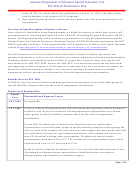 138
138 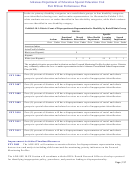 139
139  140
140  141
141  142
142 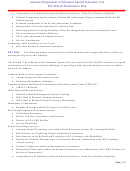 143
143  144
144 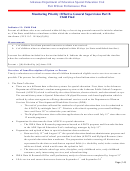 145
145  146
146  147
147 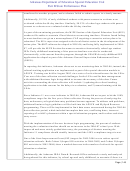 148
148  149
149  150
150  151
151  152
152  153
153  154
154  155
155  156
156  157
157  158
158  159
159  160
160  161
161  162
162  163
163  164
164  165
165  166
166 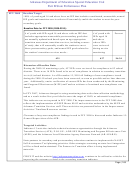 167
167  168
168  169
169  170
170  171
171  172
172  173
173  174
174  175
175  176
176 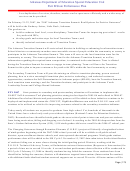 177
177  178
178  179
179  180
180  181
181  182
182  183
183  184
184  185
185  186
186  187
187  188
188  189
189  190
190  191
191  192
192 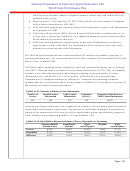 193
193 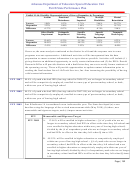 194
194  195
195  196
196  197
197  198
198  199
199  200
200  201
201  202
202  203
203 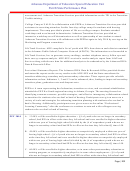 204
204 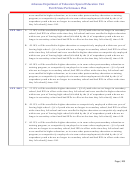 205
205  206
206  207
207  208
208  209
209  210
210  211
211  212
212  213
213  214
214  215
215  216
216  217
217  218
218 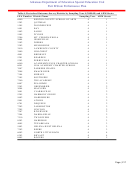 219
219  220
220  221
221 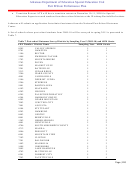 222
222  223
223  224
224  225
225  226
226 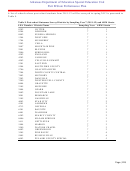 227
227  228
228 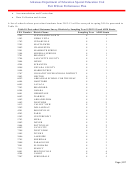 229
229  230
230  231
231  232
232  233
233  234
234  235
235  236
236  237
237  238
238  239
239  240
240  241
241  242
242  243
243  244
244  245
245  246
246  247
247  248
248  249
249  250
250 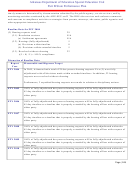 251
251  252
252  253
253  254
254  255
255  256
256  257
257  258
258  259
259  260
260  261
261  262
262  263
263 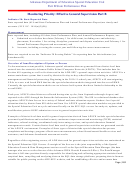 264
264  265
265  266
266  267
267  268
268  269
269  270
270  271
271  272
272 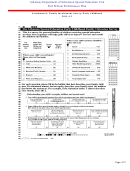 273
273  274
274 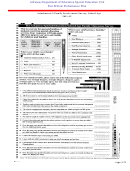 275
275  276
276 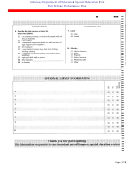 277
277 Arkansas Department of Education Special Education Unit
Part B State Performance Plan
Working in conjunction with the G/DM Section, the IDEA Data & Research Office ensures standardized
data collection procedures for federal reporting, state and district level data analysis, and public
dissemination of program effectiveness data including school district and early childhood program profiles,
Monitoring Profiles, Significant Disproportionality-Coordinated Early Intervening Services Profiles, the
State Performance Plan, and the Annual Performance Report.
The Arkansas IDEA Data & Research Office coordinates with multiple ADE Divisions on various projects
by providing leadership and guidance in the areas of data collection and survey design as well as data
related LEA personnel training. The Office is actively involved in the general supervision of LEAs through
the identification and correction of noncompliance related to the statewide student management system
(SMS). The referral tracking sub-module in the special education module of the SMS is the one area where
noncompliance can be identified. The process for identification of noncompliance is outlined below.
Identification of Noncompliance
•
Prior to calculation of Indicators 11 and 12 for the APR in October/November, referral records that
exceeded the 60 day evaluation timeline for which the LEA entered a code of “other” are closely
examined to determine if they meet exclusionary criteria. If further clarification is necessary, LEA
supervisors are contacted via phone or email. For compliance with State regulations this process also
is applied to the 30 day eligibility determination timeline.
•
Further, failure of an LEA to submit referral data without prior notification that it had zero referrals
for the year results in an automatic 0% LEA rate for the related indicator(s). Any missing data which
prohibits the calculation of a record (i.e. missing date) is considered a missed timeline since
verification of timeliness cannot be made. This results in the elevation of the record to being
“flagged” for noncompliance.
Verification of Services and Correction
•
The referral tracking data captures eligibility determination date, status as to placement in special
education (y/n) and date of parental consent for placement, thus allowing verification of the entire
process. If these data elements are missing, the IDEA Data & Research Office staff reviews the
APSCN special education modules and/or the MySped Resource DDS Application to verify that
students who had their evaluation timelines exceed 60 day were evaluated, had eligibility
determined, and had an IEP developed when found to be eligible.
How the Components Function as a General Supervision System
ADE-SEU general supervision instruments and procedures identify and correct IDEA noncompliance in a
timely manner. The system of identifying and correcting noncompliance includes processes and procedures
implemented by the ADE-SEU Dispute Resolution Section in the coordination of due process hearings and
complaint investigations, and the use of pre-filing mediation services. While hearing officers conduct due
process hearings, ADE-SEU Area Supervisors in the Monitoring/Program Effectiveness (M/PE) and the
Non-Traditional Programs (NTP) Sections typically investigate complaints. The IDEA requires due process
hearings to be completed within 45 days of filing, while complaints must be addressed within 60 days of
filing.
The ADE-SEU uses a three-year rotational monitoring system. One-third of LEA special education
programs, as well as state-operated and state-supported programs providing special education and related
services to students with disabilities, are monitored each year. Using a process of random selection, the
Page | 232
ADVERTISEMENT
0 votes
Related Articles
Related forms
Related Categories
Parent category: Legal









